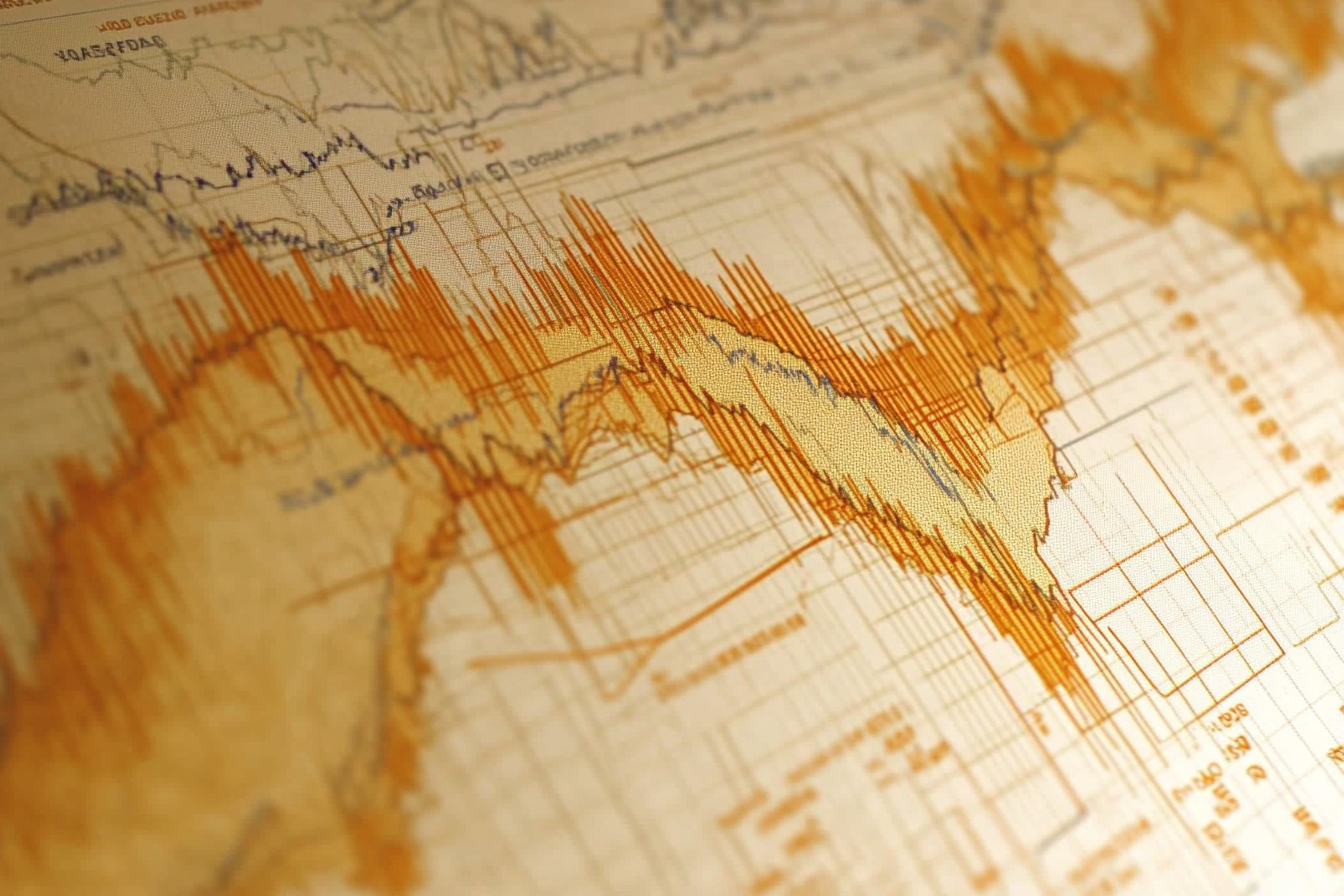- New York Stock Exchange (NYSE) – 🇺🇸
The largest stock exchange globally, boasting a market capitalization of approximately $31.65 trillion. - NASDAQ – 🇺🇸
Renowned for its concentration of technology companies, NASDAQ has a market cap of about $30.13 trillion. - Shanghai Stock Exchange (SSE) – 🇨🇳
China’s premier exchange with a market capitalization of around $7.17 trillion. - Japan Exchange Group (JPX) – 🇯🇵
Operating the Tokyo Stock Exchange, JPX has a market cap of approximately $6.40 trillion. - Euronext – 🇪🇺
A pan-European exchange spanning multiple countries, with a combined market capitalization of about $5.69 trillion. - Bombay Stock Exchange (BSE) – 🇮🇳
Asia’s oldest exchange, BSE has reached a market cap of approximately $5.34 trillion. - National Stock Exchange of India (NSE) – 🇮🇳
India’s leading exchange by trading volume, with a market capitalization of about $5.25 trillion. - Shenzhen Stock Exchange (SZSE) – 🇨🇳
Focused on innovative and high-growth companies, SZSE has a market cap of around $4.67 trillion. - London Stock Exchange (LSE) – 🇬🇧
One of the world’s oldest exchanges, LSE has a market capitalization of approximately $4.40 trillion. - Hong Kong Exchanges and Clearing (HKEX) – 🇭🇰
Serving as a gateway to Chinese markets, HKEX has a market cap of about $4.37 trillion. - TMX Group (Toronto Stock Exchange) – 🇨🇦
Canada’s primary exchange, with a market capitalization of approximately $3.57 trillion. - Saudi Exchange (Tadawul) – 🇸🇦
The largest exchange in the Middle East, boasting a market cap of around $2.66 trillion. - Taiwan Stock Exchange (TWSE) – 🇹🇼
With a focus on technology companies, TWSE has a market capitalization of about $2.20 trillion. - SIX Swiss Exchange – 🇨🇭
Switzerland’s principal exchange, with a market cap of approximately $2.04 trillion. - Deutsche Börse (Frankfurt Stock Exchange) – 🇩🇪
Germany’s leading exchange, with a market capitalization of around $2.00 trillion. - Australian Securities Exchange (ASX) – 🇦🇺
Australia’s primary exchange, with a market cap of about $1.87 trillion. - Korea Exchange (KRX) – 🇰🇷
South Korea’s sole securities exchange, with a market capitalization of approximately $1.95 trillion. - BME Spanish Exchanges – 🇪🇸
Spain’s main exchange, with a market cap of around $808 billion. - Bursa Malaysia – 🇲🇾
Malaysia’s stock exchange, with a market capitalization of approximately $406 billion. - Singapore Exchange (SGX) – 🇸🇬
A key financial hub in Southeast Asia, SGX has a market cap of about $585 billion.
❓ Frequently Asked Questions (FAQ)
1. What is a stock exchange?
A stock exchange is a regulated marketplace where securities like stocks and bonds are bought and sold. It facilitates price discovery, liquidity, and capital raising for companies.
2. How is market capitalization calculated?
Market capitalization is the total value of all listed companies on an exchange, calculated by multiplying the current share price by the total number of outstanding shares.
3. Why are NYSE and NASDAQ so dominant?
Both are based in the U.S., home to many of the world’s largest corporations. NYSE is known for blue-chip companies, while NASDAQ hosts numerous tech giants.
4. What distinguishes Euronext from other exchanges?
Euronext is a pan-European exchange operating across multiple countries, offering a unified platform for trading European securities.
5. How do emerging markets like India and China impact global exchanges?
Rapid economic growth in these countries has led to increased market capitalization and global investor interest in their stock exchanges.
6. Are all stock exchanges physical trading floors?
No, many have transitioned to electronic trading platforms, though some, like NYSE, still maintain physical trading floors.Investopedia+1IG+1
7. Can foreign investors access all these exchanges?
Access varies; while many exchanges are open to international investors, some have restrictions or require specific investment channels.Investopedia+1Rates — Manage Your Finances Smartly+1
8. What role do stock exchanges play in the economy?
They facilitate capital raising for businesses, provide investment opportunities for individuals, and reflect economic health through market indices.
9. How are stock exchanges regulated?
Each operates under the regulatory framework of its home country, ensuring transparency, fairness, and investor protection.
10. Where can I find real-time data on these exchanges?
Official exchange websites, financial news platforms, and brokerage services provide real-time market data and analytics.

